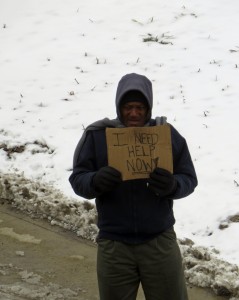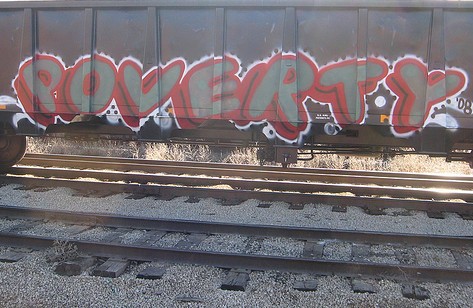A majority of Americans can’t find full-time work. And more than two-thirds of those who do have full time employment hate their jobs, or consider themselves disengaged from their duties. These are startling numbers, but they represent an opportunity – and an obligation – for the church to minister to people in both situations.
Unemployment and underemployment are widespread. There are 10.4 million Americans who are unemployed, according to recent numbers from the Bureau of Labor Statistics (BLS). The United States experienced 54 straight months (January 2009-June 2013) with the unemployment rate at 7.5 percent or higher, the longest stretch of unemployment at or above that rate since the BLS started keeping such data.
But those numbers don’t paint the full picture. According to the BLS, in June 2013 only 47 percent of adult civilians had full-time jobs. There were more than 8.2 million Americans who want full-time work but can only find part-time jobs, according to The Wall Street Journal. More than one million “discouraged workers” had stopped looking for employment. The American Enterprise Institute reports that a full 30 percent of adult American men are neither working nor seeking work.
Given this environment, one might expect those with full-time work to feel fortunate, even ecstatic. Two recent studies reveal otherwise. In June 2013, The Los Angeles Times reported on a Gallup survey that found that a staggering 70 percent of American workers – roughly 70 million people – are disengaged at work, or outright hate their jobs. In addition to the emotional and spiritual toll that these numbers represent, Gallup notes that this malaise is a “problem that has significant implications for the economy and the individual performance of American companies.”
A new study from the London School of Economics confirms this widespread dissatisfaction in the workplace. When respondents considered a range of activities – such as dancing, dressing, and conducting household chores – work edged out only one option: illness. According to the researchers, “paid work is ranked lower than any of the other 39 activities individuals engage in, with the exception of being sick in bed.” A Wall Street Journal headline summed up the findings: “Work Makes People Miserable.”
The magnitude of these numbers indicates that Christians and non-Christians alike are struggling with workplace and economic issues. This presents a challenge for the church. Pastor Tom Nelson, author of “Work Matters: Connecting Sunday Worship to Monday Work,” writes:
God designed the local church to be a transformed people scattered in their various vocational callings throughout the week. One of the highest stewardships for local church leadership is to encourage and equip apprentices of Jesus for their work. Yet this stewardship rarely gets the attention and commitment it requires.
At a 2013 Oikonomia Network seminary faulty retreat, Pastor Dan Scott, author of “The Emerging American Church,” said, “American workers are having an increasingly difficult time competing with their Polish, English, Spanish, Russian, Indian, Korean, and Brazilian counterparts in a globalized economy. … The solution is a spiritual one, although at present few of our churches are offering it because too many of them are focused on lesser things.”
Any kind of dualism that neglects to address the workplace – where most Christians spend the bulk of their waking hours – is at odds with a theology of vocation. As British theologian and author Lesslie Newbigin wrote, “The congregation has to be a place where its members are trained, supported, and nourished in the exercise of their parts of the priestly ministry in the world. The preaching and teaching of the local church has to be such that it enables members to think out the problems that face them in their secular work in light of their Christian faith.”
Americans are struggling in the workplace and in the economy. Financial challenges, family strife, depression, contentment, effective witnessing in the workplace, and myriad other areas are affected by these realities. Fortunately, the church is in a unique place to explain Christ’s restoration of work, the meaning of suffering, and the hope and peace that results from putting our trust in him.
Reflection Questions:
How does your church engage the unemployed or underemployed people in your congregation and community? What do you do well? What could you do better? How can you provide encouragement, dignity, challenge, and accountability to those in difficult situations?
Does your congregation unconsciously encourage a “work makes people miserable” or “live for the weekend” mentality? Are church-related activities given higher honor than workplace-related ones? How can you equip your congregation to see all of life, including the workplace, as a place for discipleship, celebration, and meaningful struggling?
In light of our current economic challenges, how might the church nurture entrepreneurship, innovation, and risk taking? How can a community of faith foster proper risk taking to creatively meet human need, add value, and further the common good?
Resources:
- Tim Keller | Every Good Endeavor
- Bill Heatley | The Gift of Work
- Gene Edward Vieth | God at Work
- Doug Spada | Monday Morning Atheist
From the Kern Pastors Network. Image:”Resting Harvester,” Edouard Drouot. Courtesy of the Grohmann Museum at the Milwaukee School of Engineering.












